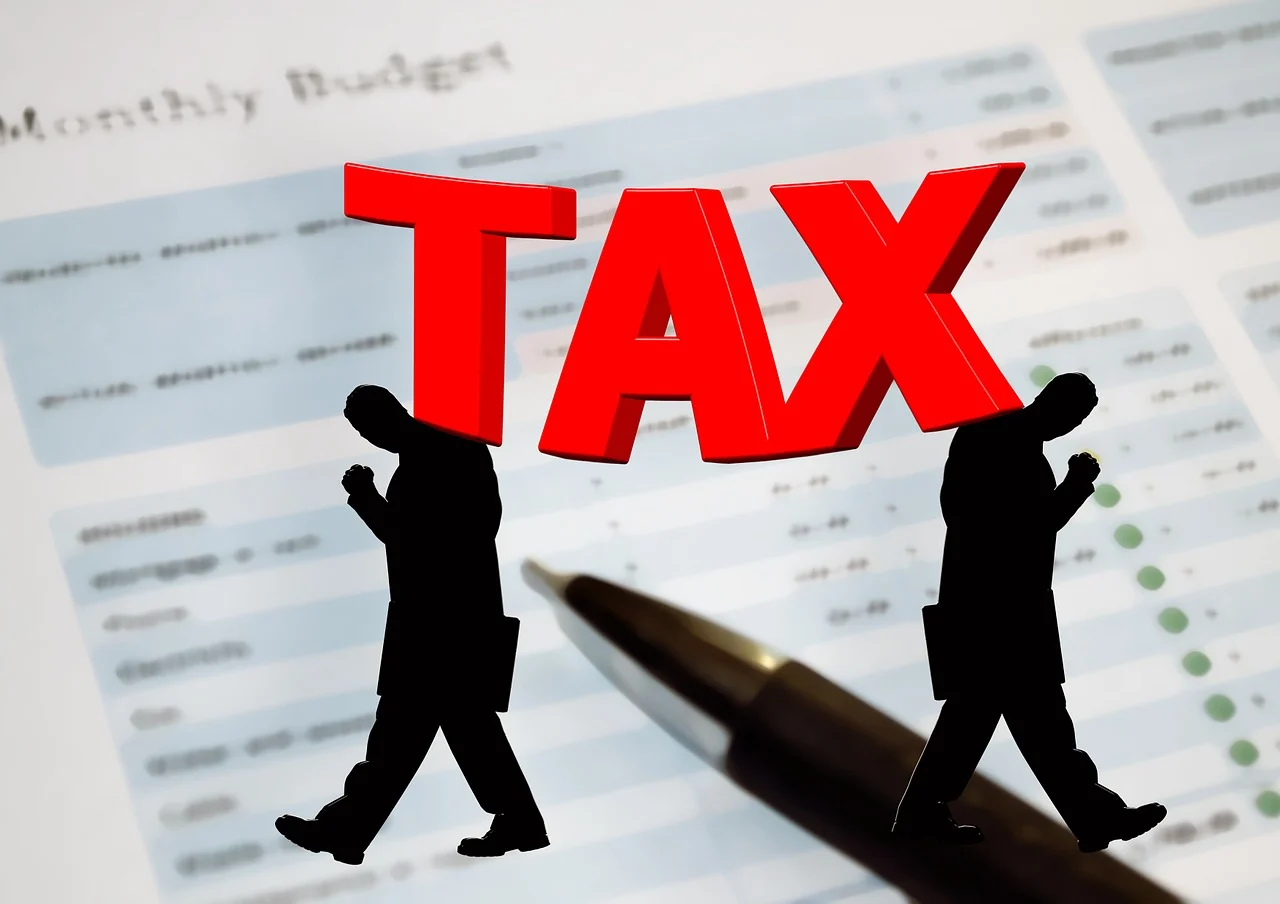Singapore, renowned for its pro-business environment and low tax rates, has a relatively straightforward personal income tax system. While the rates have remained competitive over the years, there have been adjustments to align with economic conditions and social policies. This blog post will delve into the history of personal income tax in Singapore, examining how the rates have evolved and the factors influencing these changes.
Personal Income Tax In Singapore: Early Years and a Progressive System
In the early years of Singapore’s independence, personal income tax was introduced as a progressive system. This meant that individuals with higher incomes paid a higher percentage of their income in taxes. The initial rates were relatively low, reflecting the government’s focus on attracting foreign investment and fostering economic growth.
A Period of Stability and Growth
Throughout the 1970s and 1980s, Singapore’s personal income tax rates remained relatively stable. The country’s economic success, driven by factors such as a skilled workforce, strategic location, and efficient government, allowed for a consistent tax regime. The stability provided predictability for businesses and individuals, contributing to the country’s economic prosperity.
Tax Cuts and Economic Incentives
In the 1990s, Singapore implemented a series of tax cuts to stimulate economic growth and enhance its competitiveness. These reductions in personal income tax rates were aimed at attracting foreign talent, encouraging entrepreneurship, and promoting domestic consumption. The government recognized that lower tax burdens could incentivize individuals to work harder and invest more, leading to overall economic benefits.
Adjustments in the 21st Century
The early 21st century saw further adjustments to Singapore’s personal income tax rates. The government continued to prioritize economic growth while also considering social factors. Tax relief measures were introduced for certain groups of individuals, such as the elderly, students, and those with disabilities. These measures aimed to alleviate the financial burden on vulnerable segments of society and promote social equity.
Personal Income Tax In Singapore: Recent Trends and Future Outlook
In recent years, Singapore has maintained its competitive personal income tax rates. The government has continued to fine-tune the tax system to address evolving economic conditions and social needs. While there may be occasional adjustments to the rates or the tax brackets, Singapore’s overall approach remains focused on maintaining a low-tax environment that attracts investment, talent, and businesses.
Note: According to Hawksford, Tax residents in Singapore are taxed at a progressive rate from 0% to 24%. Filing of personal income tax returns is mandatory if their annual income is SG$20,000 or more. Tax residents do not need to pay tax if their annual income is less than SG$20,000.
Personal Income Tax In Singapore: Recent Changes and Statistics
As of 2023, Singapore’s personal income tax rates remain among the lowest in the world. However, there have been some notable changes in recent years:
- Increase in Top Marginal Rate: In Budget 2023, the government announced an increase in the top marginal income tax rate from 22% to 24% for chargeable income exceeding S$1 million. This change was implemented to enhance the progressivity of the tax system and generate additional revenue.
- Tax Rebates and Reliefs: The government has continued to provide tax rebates and reliefs to individuals and families. These measures aim to alleviate the financial burden on taxpayers and support specific groups, such as the elderly and students.
- Focus on Digital Economy: Singapore has also taken steps to adapt its tax system to the digital economy. This includes measures to ensure that multinational corporations pay their fair share of taxes in the country.
Personal Income Tax In Singapore: Factors Influencing Tax Rate Changes
Several factors influence the government’s decisions regarding personal income tax rates in Singapore. These include:
- Economic Growth: The government may consider reducing tax rates during periods of economic slowdown to stimulate spending and investment.
- Inflation: To maintain the purchasing power of individuals, tax brackets may be adjusted to account for inflation.
- Social Policy: Tax relief measures may be introduced to address specific social needs, such as supporting the elderly or promoting education.
- International Competitiveness: Singapore closely monitors the tax regimes of other countries to ensure that its rates remain competitive and attractive to foreign investors and talent.
Suggested Read: Progressive Wage Model Singapore 2024
Conclusion
Singapore’s personal income tax system has evolved over time, reflecting the country’s economic development and social priorities. While the rates have generally remained low, there have been adjustments to address specific needs and maintain competitiveness. The government’s commitment to a pro-business environment and a fair tax system has contributed to Singapore’s success as a global financial hub and a desirable place to live and work.








 5
5


























